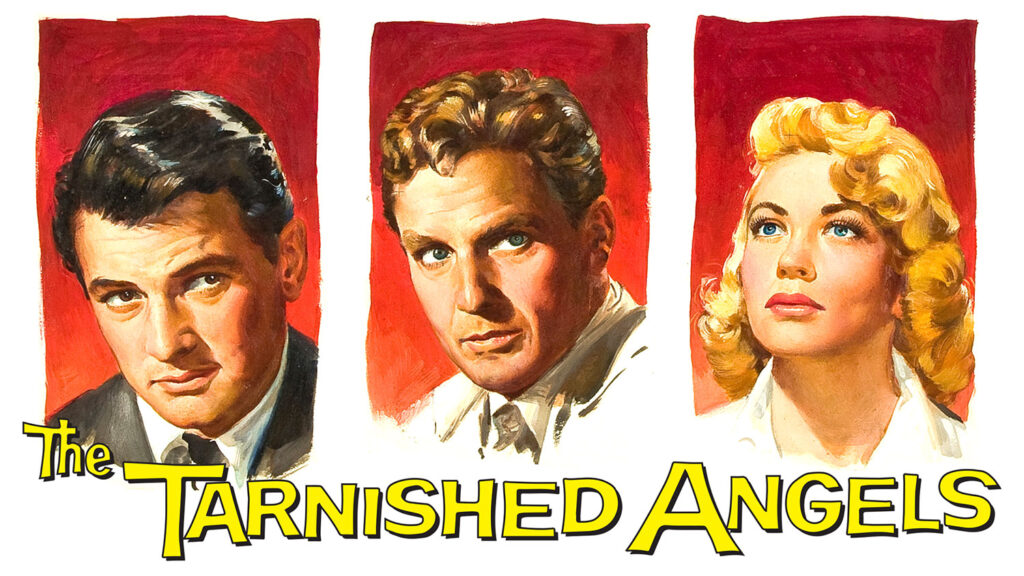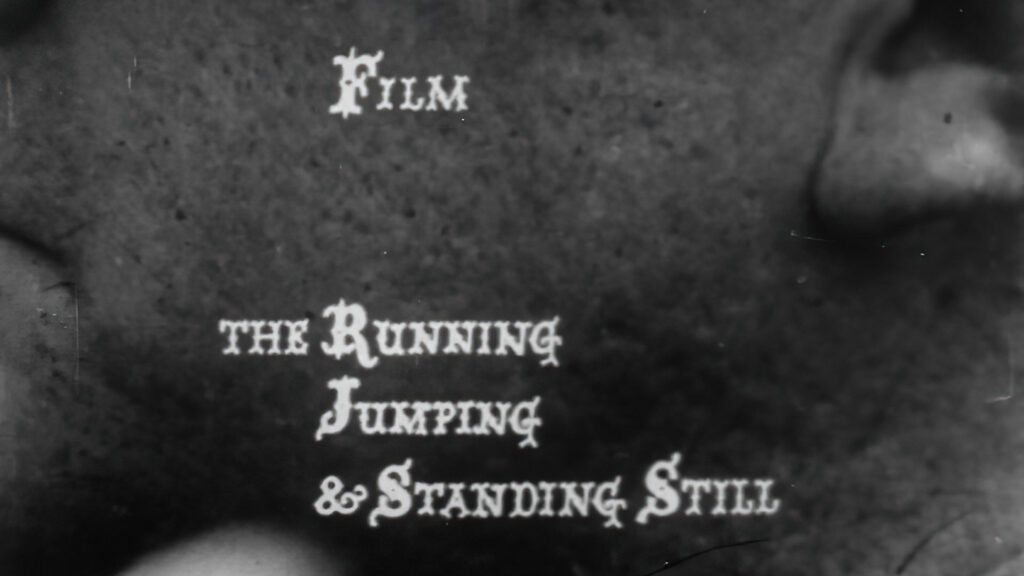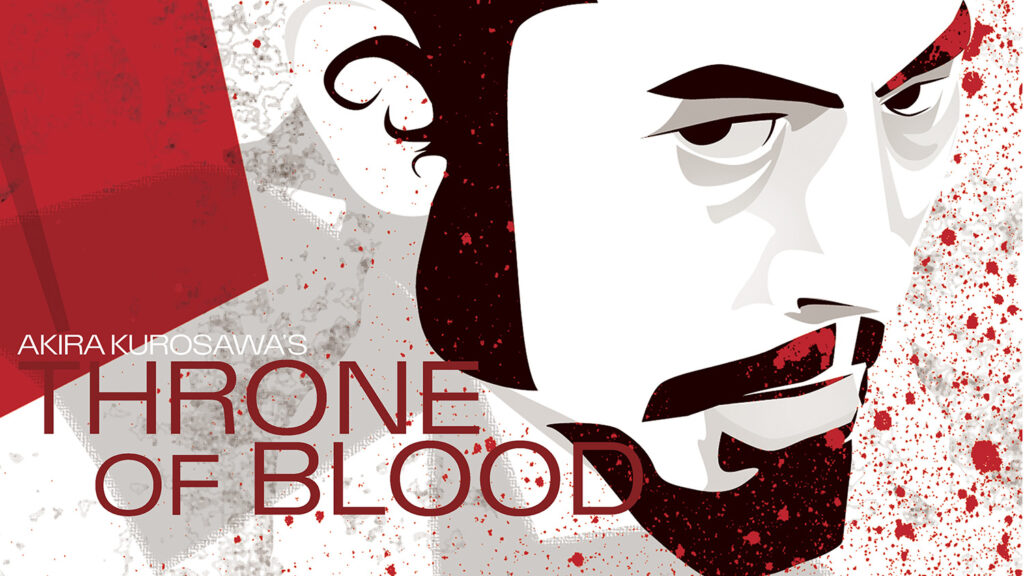The Tarnished Angels
It was my turn to pick the week’s movie, and it was harder than expected.
I had a few in mind — a 45-minute Florida documentary, a three-hour Russian science-fiction film, the first in a series of Japanese samurai pictures — but none seemed right this week.
The Criterion Channel had a relatively new collection of four movies by director Douglas Sirk that looked interesting. The Tarnished Angels, in particular, caught my attention.
The Tarnished Angels was based on one of William Faulkner‘s lesser-known novels, Pylon. Faulkner’s novel was well-reviewed by The New York Times, but not well remembered by most of us.
As expected, the movie takes liberties adapting the 1935 novel to the screen. In the novel, racing pilot Roger Shumann, parachute jumper Jack Holmes, and Schumann’s wife, Laverne, are a love triangle, with the father of Laverne’s son uncertain. Mechanic Jiggs plays a pivotal role but isn’t involved romantically with Laverne. And there’s the unnamed reporter, described by Faulkner as six feet tall and 95 pounds.


